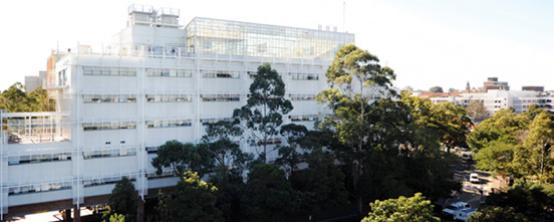New name for school puts population health in focus
UNSW Medicine’s School of Public Health and Community Medicine will now be called the School of Population Health to reflect their broader approach to population and global health.
UNSW Medicine’s School of Public Health and Community Medicine will now be called the School of Population Health to reflect their broader approach to population and global health.

The School of Public Health and Community Medicine was well overdue for a name change. The terms public health and community medicine reflect forty-year-old trends in research. “Community medicine” was used in the ‘70s and ‘80s for what is now described as population health. At that time, “community medicine” described efforts to address the social determinants of health. This is now recognised as an essential part of modern-day population health and the term “community medicine” is no longer used in public or population health fields.
Dropping community medicine from the school’s name reflected a shift in vernacular, but Head of School Professor Rebecca Ivers explained the reasoning behind changing the school’s name from Public Health to Population Health.
“There isn’t much difference between the terms public and population health, and often the underlying concepts are used interchangeably. Public Health reflects an approach that focuses on the health of populations, but for those in the community it is more synonymous with the public health system.”
Public health can be defined as what society does to assure the conditions in which people can be healthy. Public health works to protect and improve the health of communities through policy recommendations, health promotion and outreach, and research for disease detection and injury prevention.
“Population health, however, invokes the field of research that informs developments in the public health system. It is the framework through which we apply public health approaches. Population health seeks to characterise, explain and influence the levels and distributions of health, and health equity, within and across populations,” Prof. Ivers explained.
“In this sense it is more closely aligned with our approach to both teaching and research and our plans for the future.”
The future of the School of Population Health
UNSW Medicine’s new School of Population Health will lead population health research and education at UNSW.
The rise of complex public health challenges in Australia and globally has increased the need for cross-sectoral collaboration and environmental, policy and systems-level actions that influence the social determinants of health.
The School of Population Health’s priorities focus on addressing current population health trends:
With strong programs in health systems and close relationships with our local health districts, primary health networks and partnerships across the health precincts of UNSW, the school will be the leader in research and teaching in health services, health management and leadership and drive delivery of value-based care in Australia.
“We support a diverse group of academics, education and research interests,” said Prof. Ivers, “We have a large and growing focus on health systems research, including work conducted in partnership with health services and end-users, and includes the Master of Health leadership and management degree,” she explained.
“This all fits comfortably under a School of Population Health.”
The School will strengthen cross-disciplinary links with staff and students from Faculties of Engineering, Science, Law and the new Faculty of Art, Design and Architecture to enhance innovation in research and teaching of population health.
Learn more about the School of Population Health.